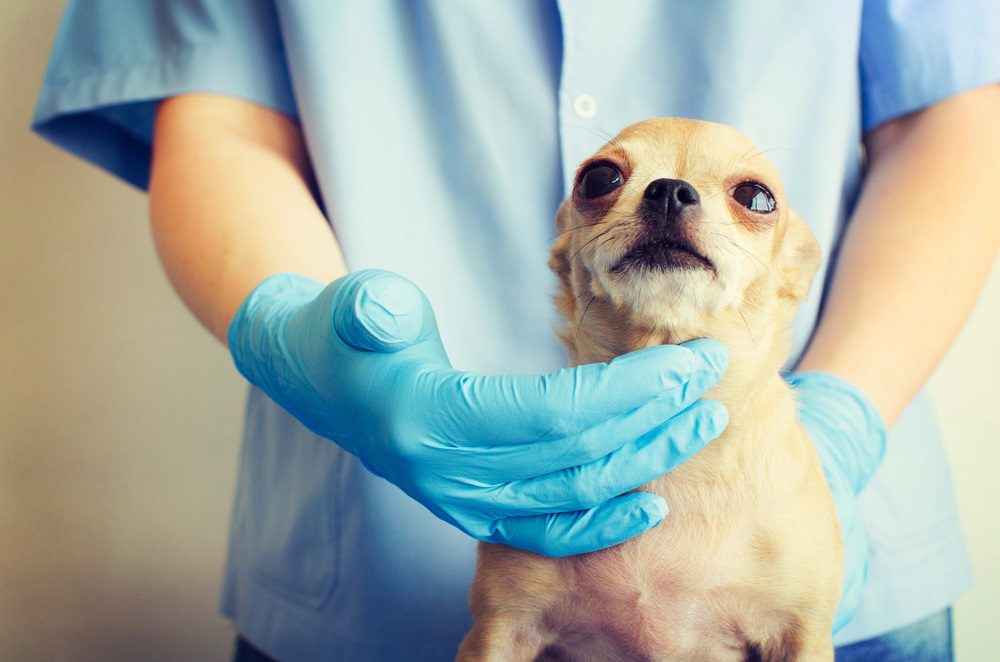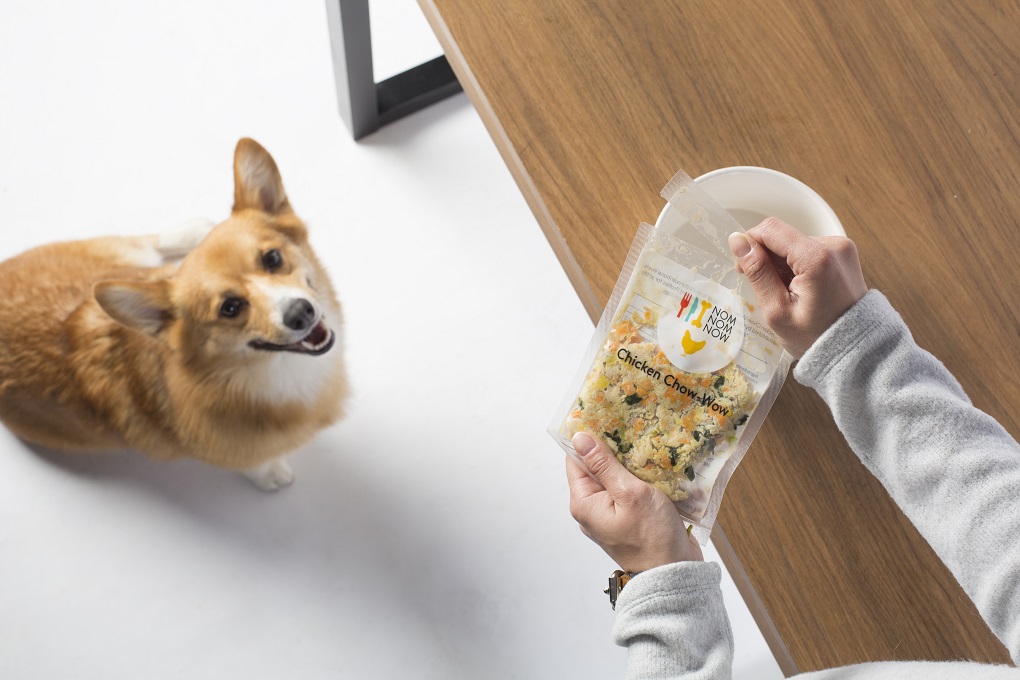Deciding Whether You Should Take Your Dog To The Vet
Picture this: Your Chihuahua is acting lethargic. He slept more than usual yesterday and he wouldn’t eat all day. Should you take your dog to the vet? immediately? Should you just wait a day or two to see if he gets better on his own? Or is it time to take your dog to the vet? Is there something I can do at home to help him get better without having to take him to the vet?

Chico, left and Pebbles, right. My first two fur babies.
Let’s face it; veterinarian visits are very costly. The first several years I had Chico and then Pebbles, I worried every time something unusual happened. There were so many times that I asked myself; “Should I take him/her to the veterinarian? Could this be a sign of something serious?” How do you know when to take your dog to the vet?
[mks_pullquote align=”left” width=”350″ size=”18″ bg_color=”#a86fc5″ txt_color=”#ffffff”]The average dog’s temperature is between 100 ° F and 102.5° F. He has a pulse rate between 80 and 120 beats a minute and takes 20 breaths per minute.[/mks_pullquote]
Any little thing and I would take them to the vet, just to be sure. I also spent thousands of dollars at the veterinarian each of those years. Yikes! I think I helped pay for his big beautiful house in the country with horses. You can read about my three Chis HERE
What To Do In An Emergency!
Some people are cool as a cucumber in an emergency. Some just panic and become paralyzed with indecision and fear. Which one are you? I am of the latter variety. Oh, how I wish I was the cool and calm one! Once I rushed one of my Chihuahuas to the vet’s office panicking all the way. I was sure he was dying. It turned out to be hypoglycemia which when it is happening can be very scary indeed. But, I learned that if you know what to do at home, the cure is simple and immediate. Don’t miss: HOW TO RECOGNIZE, TREAT AND PREVENT HYPOGLYCEMIA. That was many years ago and I think I handled the emergency with Remedy, years later better. But, I was still far from calm! SEE REMEDY’S STORY.
 That’s why I firmly believe in the boy scout rule of being prepared! Even if you are like me and panic in emergencies, being prepared for what could happen can help you to remain calm in an emergency. But, how do you know if it’s a true emergency or not?
That’s why I firmly believe in the boy scout rule of being prepared! Even if you are like me and panic in emergencies, being prepared for what could happen can help you to remain calm in an emergency. But, how do you know if it’s a true emergency or not?
When Should See a Veterinarian, But It’s Not Yet An Emergency
If your dog shows any of the following symptoms, call your vet and explain exactly what the problem is. Then let them tell you if the dog needs to come in right away. You’ll probably want to make the same day appointment.
- Refusing to eat anything at all for more than 24 hours, especially if he seems in pain.
- Eye problems. Excessive tearing, eye swollen or an eye that looks cloudy or off-color.
- Labored breathing or fast and shallow breathing.
- Vomiting often, especially with depression or exhaustion.
- Continual diarrhea that is liquid and has a terrible odor.
- Swallowing something big without choking. If your Chi can’t pass the object it is serious and could be life-threatening.
- Swelling anywhere on the body. Especially if it is hard, hot or oozing.
- Intense itching or biting the skin until it is inflamed and/or with hair loss.
- Injuring himself. A puncture wound, a cut that needs stitches or lameness with no apparent fracture.
When It Is An Emergency!
If any of these things occur it is an emergency and your Chihuahua needs to be seen by a vet or taken to an emergency veterinarian clinic immediately. Even if it is Sunday, a holiday or 3:00 in the morning.
Accident Emergencies:
- Broken bones
- Heavy bleeding
- Severe trauma
- Burns (fire, scalding, or chemical)
- Poisoning
Illness Emergencies:
- Seizures
- Staggering and/or falling down
- Uncontrollable diarrhea (may be bloody)
- Continual Vomiting
- Trouble Breathing
- Allergic Reactions
- Obstruction of the Throat or Choking
- Obstruction of the intestine or urinary tract (straining to eliminate)
- Paralysis
- Heatstroke
- Bloat (extremely rare for Chihuahuas)
The Take-Away
I hope this will help you to determine whether it’s time to take your dog to the vet immediately or if it can wait until you can call your veterinarian to explain what’s going on. Making a calm but informed decision can make all the difference.



